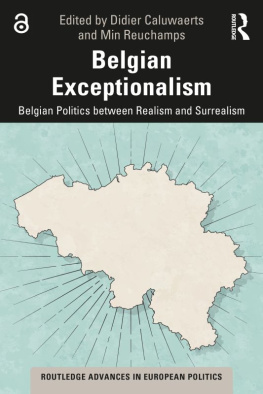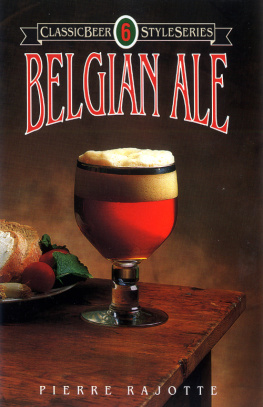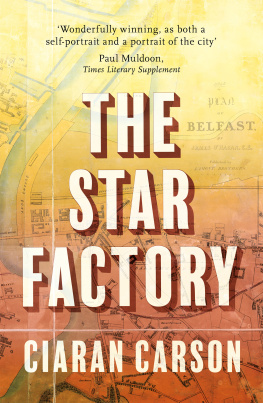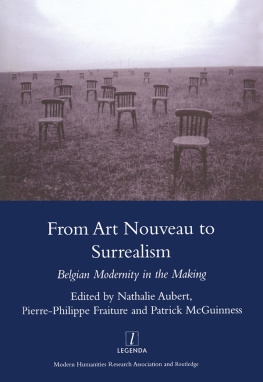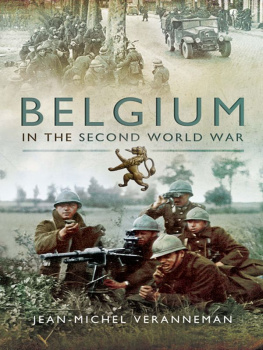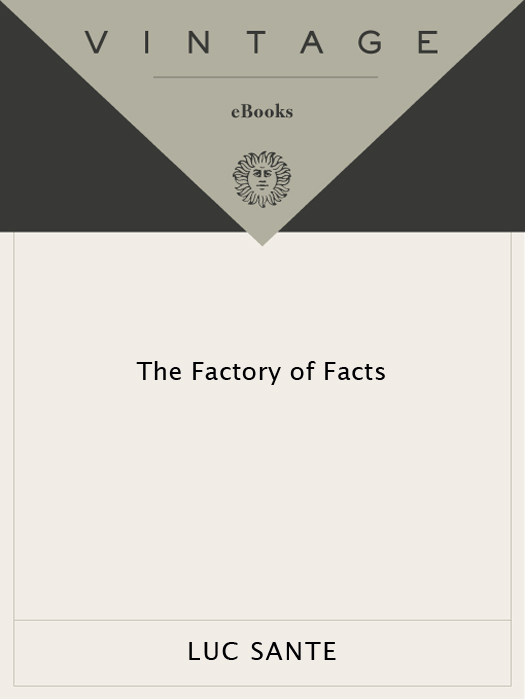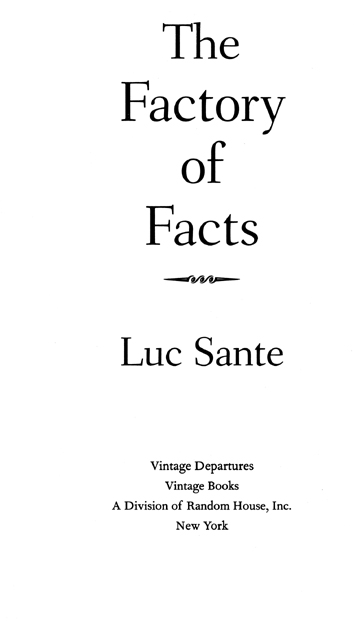ACCLAIM FOR Luc Santes
The Factory of Facts
Tantalizing casts a wonderfully idiosyncratic eye on two vastly different cultures.
Elle
A keen observer of detail and nuance.
The Plain Dealer
Santes subversion of the usual psychotherapeutics of memoir-writing is refreshing, and his reconstruction of the vanished worlds of the past are elegantly fashioned.
Publishers Weekly
A writer whose stock in trade is a kind of heightened mindfulness, which he expresses in an urbane, varnished, bemused and ironic voice full of lyrical erudition.
The New York Times
Santes memoir demonstrates how a thoughtful writer can turn his own life story into the story of several generations and two very different countries.
People
Sante is such an elegant writer, with such generous powers of empathy, intelligence and imagination, that the personal subject matter becomes universal. [His] observations are sharp, his irony revealing.
The Nation
ALSO BY Luc Sante
Low Life:
Lures and Snares of Old New York
Evidence
Luc Sante
The Factory of Facts
Luc Sante is the author of LowLife: Lures and Snares of Old New York and Evidence. He is a frequent contributor to The New York Review of Books and writes for many other periodicals. He lives in Brooklyn, New York.
Copyright 1998 by Luc Sante
All rights reserved under International and Pan-American Copyright Conventions. Published in the United States by Vintage Books, a division of Random House, Inc., New York, and simultaneously in Canada by Random House of Canada Limited, Toronto. Originally published in hardcover in the United States by Pantheon Books, a division of Random House, Inc., New York, in 1998.
Vintage Books, Vintage Departures, and colophon are trademarks of Random House, Inc.
The Library of Congress has cataloged the Pantheon edition as follows:
Sante, Luc
The factory of facts / Luc Sante.
p. cm.
1. Sante, LucChildhood and youth. 2. Belgian Americans
Biography. 3. Belgian AmericansBelgiumVerviers
Biography. 4. Sante family. 5. Sante, LucFamily. 6. Verviers
(Belgium)Biography. I. Title.
E184.B2S36 1998
973.0439320092dc21
[B] 97-25814
eISBN: 978-0-307-81558-3
www.randomhouse.com/vintage
v3.1
This is for Melissa
Some people tell me them overseas blues aint bad.
Some people say them overseas blues aint bad.
It must not have been the overseas blues I had.
Charlie Patton,
Down the Dirt Road Blues
Cours, camarade, le vieux monde est derrire toi.
(Run, comrade, the old world is behind you.)
Graffito, Rue Rotrou, Odon, Paris, May 1968
Contents
I Rsum
I was born on May 25, 1954, in Verviers, Belgium, the only child of Lucien Mathieu Amlie Sante and Denise Lambertine Alberte Marie Ghislaine Nandrin. Following the bankruptcy of my fathers employer, an iron foundry that manufactured wool-carding machinery, and at the suggestion of friends who had emigrated earlier, my parents decided to move to the United States in search of work. We arrived at Idlewild Airport in February 1959, and moved in with my parents friends in Summit, New Jersey. Prospects were not as bright as they had been depicted, and that November we sailed back to Belgium, but the situation there was no better, and early in 1960 we re-emigrated. Several more such trips occurred over the next few years, spurred by momentary hopes, by the Cuban Missile Crisis, by the illnesses and deaths of my maternal grandparents. At length my parents decided to remain in America, at least until the time came when they could retire to Belgium.
I was born in 1954 in Verviers, Belgium, the only child of Lucien and Denise Sante. Following the bankruptcy of my fathers employer, an iron foundry that manufactured wool-carding machinery, and at the suggestion of my mothers brother, Ren Nandrin, my parents decided to move to the Belgian Congo, where my father would take up a position as local field director for a palm-oil concern. In February 1959, we arrived in Coquilhatville, on the banks of the Congo River, and moved into a company-owned villa in the European district. Suddenly we had servants and a chauffeured car. On the other hand, I came down with a succession of ailments aggravated by the climate and spent most of my time in bed. Barely a year later the Belgian government announced that the Congo would be granted its independence that June, and my parents friends and colleagues began to show signs of alarm, sending prized possessions, for example, back to their families in Belgium. Emotions had risen to a point of panic by late May, when the first general elections were held. My parents and their friends dismissed their servants, fearing treachery. My father barricaded my mother and me and would himself not leave the house without a loaded revolver on his hip. Violent incidents began occurring, most of them in the south of the country, but some close enough that my father, over my mothers protests, sent us home. He followed a little over a month later, when fighting had become widespread; his employer turned over local control to native African managers. Connections made in the Congo led my father to a job with the Ministry of Commerce, and we moved to Berchem-Ste. Agathe, a suburb of Brussels, where I recovered and later found I had a surprising aptitude for competitive cycling.
I was born in 1954 in Verviers, Belgium, the only child of Lucien and Denise Sante. Following the bankruptcy of his employer, an iron foundry that manufactured wool-carding machinery, my father tried to find another job, but without success. After depleting their savings and selling our house in Pepinster, as well as most of the major household possessions, my parents moved into a succession of progressively smaller and dingier apartments, finally winding up in a single room in Seraing, an industrial suburb of Lige, where my father got a barely remunerative stint as nightwatchman in a warehouse. We endured two years of this as a family. My mother became chronically ill, probably due to stress as much as to bad food and lack of heat, and consequently I was taken in by my Remacle cousins in the country. They, too, were feeling the pinch of the economy, however, and palmed me off on other relatives, who in turn passed me along after a while. I spent three years being thus shunted around, until the Christian Brothers admitted me as a hardship case at their boarding school in Lige in the winter of 1964. By then my mother had been hospitalized full-time and my father had retreated into a vigilant and apparently unbreakable silence. At the school I was constantly victimized by the other pupils, most of them offspring of well-to-do families. Finally, at thirteen, I snapped. I set a fire that consumed the dormitory and took the lives of five boys.
I was born in 1954 in Verviers, Belgium, the only child of Lucien and Denise Sante. My fathers employer, an iron foundry that manufactured wool-carding machinery, miraculously escaped the effects of the recession of 1958 and the collapse of Vervierss textile industry by a rapid and timely change to the manufacture of radiators. My father, who had worked his way up to junior management from the labor ranks, devised a streamlined method of cooling molds that earned him a succession of promotions, ultimately to the top seat. By 1968 we had sold our row house in Pepinster and moved into a villa in a parklike setting on the heights of the boulevard district of Verviers. I grew up fast, and was quickly bored by the provincial life around me. I barely maintained passing grades at St. Franois-Xavier, the local Jesuit


